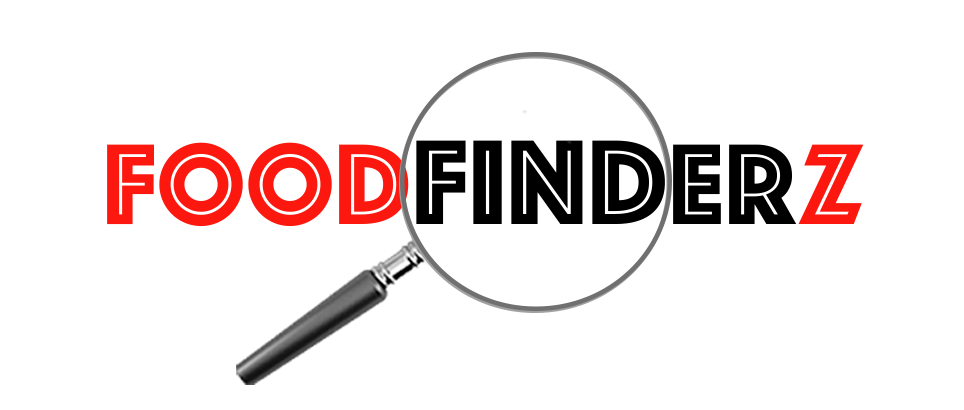ENSURING TRUST & RELIABILITY
DUE DILIGENCE
Checking Supply Partners in the B2B Global Food Trade
In the fast-paced and interconnected world of B2B global food trade, selecting reliable and trustworthy supply partners is crucial for the success and sustainability of your business. Conducting due diligence on potential suppliers ensures that you engage in partnerships that align with your quality standards, business objectives, and ethical considerations. In this blog post, we will explore essential steps to effectively perform due diligence on supply partners in the B2B global food trade, helping you make informed decisions and foster long-term, mutually beneficial relationships.

